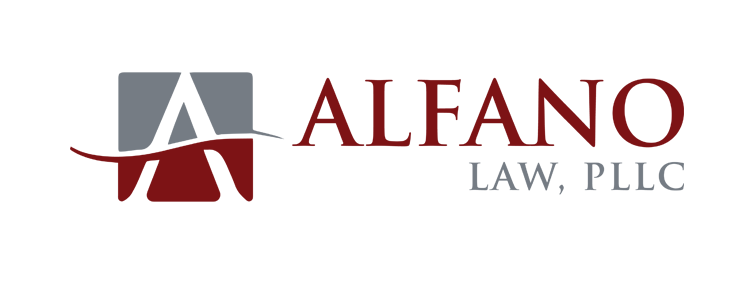New Hampshire Supreme Court Reverses Superior Court Order – Clarifies Zoning Board of Adjustment Appeals
In an October 31, 2023, decision, the New Hampshire Supreme Court (the “Court”), reversed a superior court order dismissing a declaratory judgment action brought by the Rochester Agricultural & Mechanical Association (RAMA) against the City of Rochester (the “City”), concerning several permitting denials for a property owned by RAMA.
RAMA is a non-profit organization formed in the nineteenth century and the property at issue was purchased by RAMA in 1879. For decades, the local annual fair has been held on the property, along with other activities, such as circuses, motorcycle and car races, rodeos, antique shows, and concerts, to name a few. Though RAMA seemingly hosted these kinds of events for decades without interruption, a shift began to take place beginning in 2021, when the City began denying RAMA’s request for event permits, including a monster truck show, rally cross event, and Christmas light show. Specifically, in December 2021, RAMA was denied an event permit for an event called Twisted Metal, which the organization had obtained permitting for three times in recent years. The City’s stated reason for the denial was that the use was not part of the annual fair and such expanded use was not permitted. RAMA appealed this decision to the Zoning Board of Adjustment (the “ZBA”) but was denied.
After the ZBA’s denial, RAMA brought an action for declaratory judgment against the City in superior court, alleging a host of claims, including the allegation that the City’s recent permitting denials were the result of retaliation by the City because of the breakdown in talks over the sale of the property to the City months earlier. The City moved to dismiss the case on the grounds that the superior court lacked subject matter jurisdiction to adjudicate the suit because of RAMA’s failure to timely file the suit within thirty days of the ZBA’s denial of the Twisted Metal permit as required by RSA 677:4. The superior court agreed and RAMA appealed to the Supreme Court.
On appeal, RAMA argued that its declaratory judgment action against the City was not a simple appeal of the Twisted Metal permit denial but was rather a multi-faceted complaint concerning the broader issue of the City’s concerted interference with RAMA’s vested rights in its property and the unconstitutional limiting of its use of the property. There had been of a series of denials for permits that RAMA had regularly obtained from the City for decades. The Supreme Court agreed, finding that RAMA’s action was not an appeal brought under RSA 677:4, but one for equitable relief with a number of other allegations. The Court reversed the superior court’s order and remanded the case for a decision consistent with its opinion.
You can contact our office by calling (603) 856-8411 or at this link.

